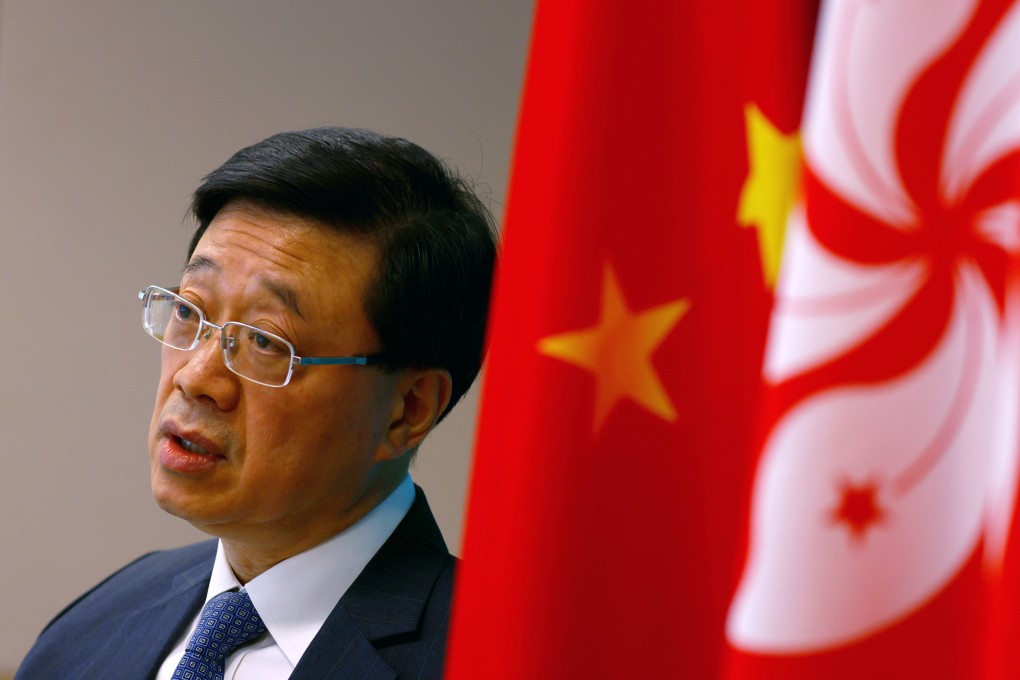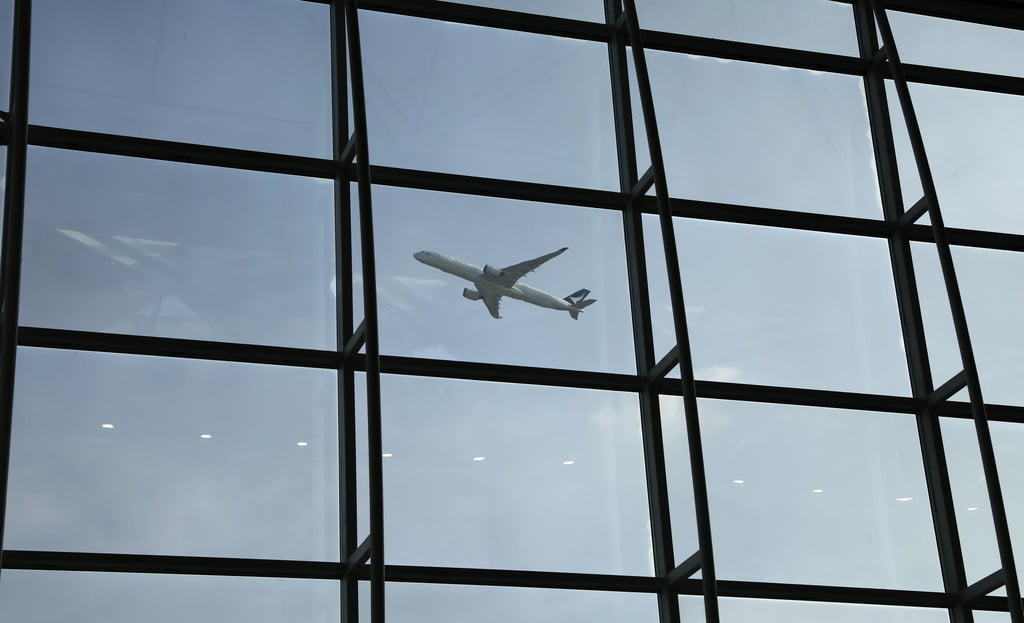Hong Kong security chief vows new immigration law aimed at asylum seekers will not let authorities bar residents from leaving city
- Wording of law sparks worries it gives authorities carte blanche to stop residents from leaving city; asylum seekers’ advocates say it makes flawed system worse
- But Security Secretary John Lee has swatted down talk of emigration bans as mere ‘rumours’, while defending the law as necessary

Hong Kong’s security minister has promised that a new immigration law that some had feared could bar residents from leaving the city will only apply to inbound travellers, such as the illegitimate asylum seekers at whom officials say it is aimed.
The bill contains language granting the director of immigration the power to decide whether “a passenger or a member of the crew of a carrier may or may not be carried” on a given vessel, sparking concerns it would give authorities carte blanche in determining who is allowed to enter – and leave – the city.
Authorities, however, have said the bill is merely an effort to plug a loophole exploited by what they characterised as bogus non-refoulement claimants taking advantage of the city’s form of quasi-asylum.
